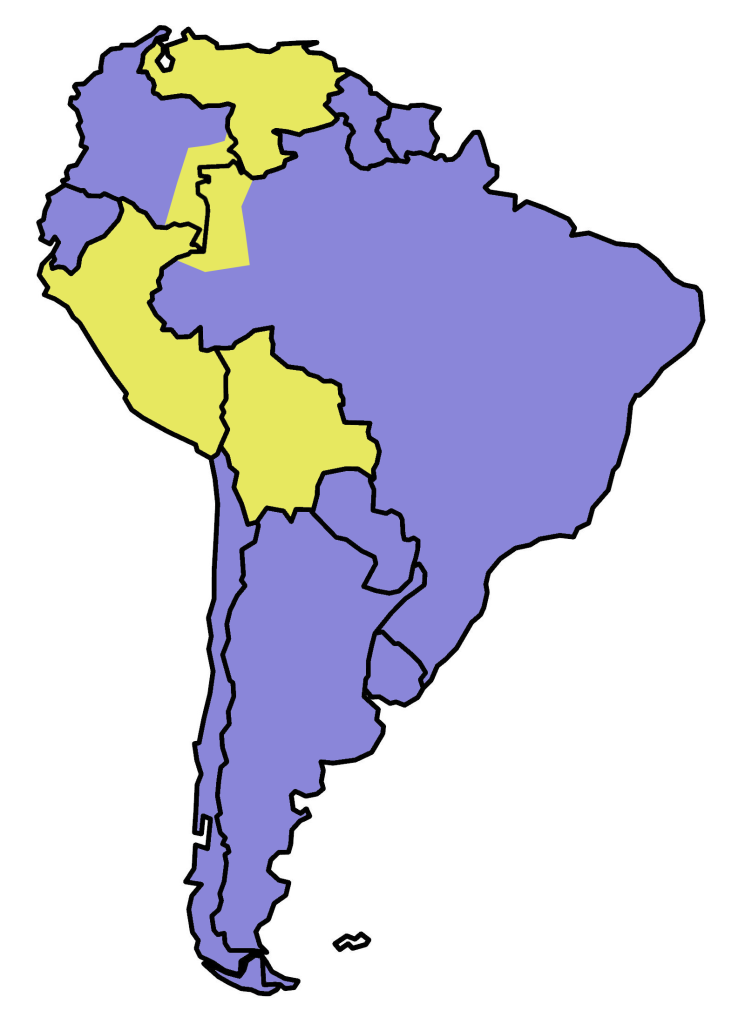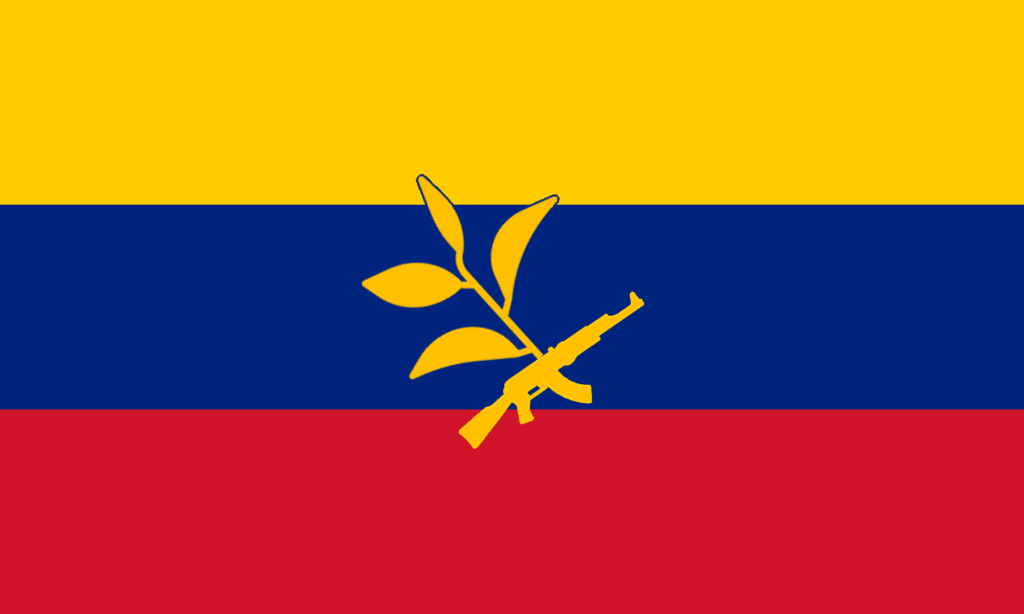
The Unión de Naciones Sudamericanas (USAN), more commonly known as SUDA, serves as the collective government of the South American continent. Established in the late 2030s, SUDA emerged as a response to the pervasive influence of drug cartels in the region. Initially a mutual security agreement, it has since evolved into a supranational organization that can trace its roots back to two earlier entities: Mescorus and the Andean Pact. The dissolution of these organizations was largely due to political infighting and the inherent instability within their member governments. While SUDA’s military and democratic governments view the cartels as fundamentally anti-democratic forces, the Andean Pact governments were more open to the cartels’ political ideologies. This divergence in viewpoints contributed to the formation of deep political divides that persist to this day.
SUDA’s creation was spurred by the escalating conflict between state authorities and drug cartels, which had evolved into quasi-state entities. These cartels leveraged substantial drug profits to fund civil insurgencies and even legitimate political movements across various provinces. The situation deteriorated as entire regions fell under cartel control, where they established shadow governance structures that often concealed corrupt and illegal activities. This environment facilitated the continued sale of drugs and other illicit resources, making it difficult for legitimate governments to maintain control.
Over the past fifty years, SUDA has struggled to contain these forces, eventually establishing a formalized border in the late 2040s between SUDA-controlled territories and cartel-dominated regions. Today, SUDA oversees nearly the entire continent, but it faces the challenge of managing a highly diverse political landscape. The organization includes over 100 provinces, each with unique political ideologies and agendas. Some factions advocate for engagement with cartel-controlled provinces to minimize violence, while others support a more aggressive stance, including the occupation of regions like Venezuela, Peru, and Bolivia. In these areas, cartel violence is generally minimal, occurring mainly in response to intelligence or police actions targeting cartel leadership. The preferred methods for dealing with cartels include drone strikes and targeted raids.

The cartels themselves are complex, decentralized networks of generational clans that have developed over nearly a century of continuous conflict. Operating in specific regions of South and Central America, they blend legitimate business activities with illicit ones, complicating efforts by SUDA and its allies to prosecute financial crimes. Internationally, China and Russia continue to support several cartel-affiliated provincial governments. While SUDA has administrative control over these regions, it does not have full control, as shadowy mafia-state organizations in China and Russia find it advantageous to maintain relations with these groups. This relationship provides China and Russia with access to these regions, despite SUDA’s political leanings toward the West.
One of SUDA’s primary strengths is its shared culture and language, which unite its population despite regional differences. High literacy rates and strong educational systems have fostered a robust industrial base capable of producing a wide range of goods and technologies. The leading powers within SUDA are Brazil, Argentina, and Colombia, whose combined military forces number nearly a million personnel. SUDA has integrated these national militaries into a cohesive joint force, organized into 14 operational divisions and four regional commands covering the North, South, East, and West regions. A rotating military council of generals oversees the unified command structure, which includes the air forces, navies, and armies of member states.
Economically, SUDA is a significant global player in resource exports, supplying a substantial portion of the world’s food and other natural resources. Brazil and Argentina alone account for nearly 50% of these exports, giving SUDA considerable leverage in its dealings with more powerful global political alliances. However, this economic influence is tempered by SUDA’s relative weakness in military and geopolitical terms, particularly compared to the United States and the European Union. A significant limitation for SUDA is its lack of nuclear weapons, which restricts its strategic autonomy. Consequently, SUDA relies on political agreements with the USA and EU for mutual nuclear defense, effectively limiting its capacity for independent foreign policy decisions. This dependency requires careful diplomatic balancing to leverage its economic strengths while addressing its security vulnerabilities.
Internally, SUDA faces the ongoing challenge of dealing with powerful drug cartels that control significant regions within its borders. The organization must choose between waging a prolonged and costly counter-insurgency campaign to dismantle the cartels’ power structures or considering the legalization of certain drugs to undermine the cartels’ financial base. Each option carries far-reaching social, economic, and political consequences. The path SUDA chooses will significantly impact the organization’s long-term stability and the costs it will incur in human, financial, and political terms.